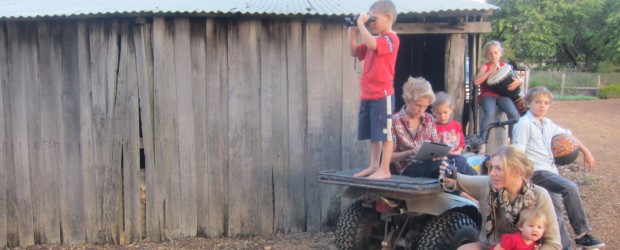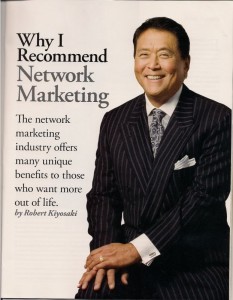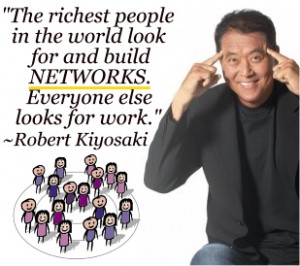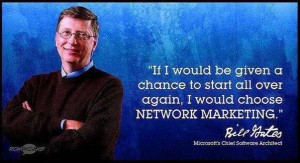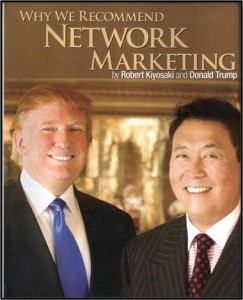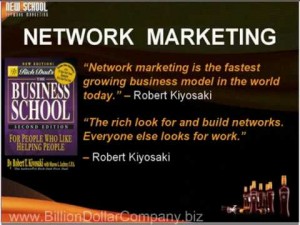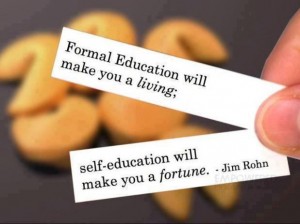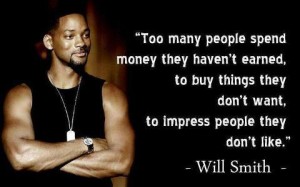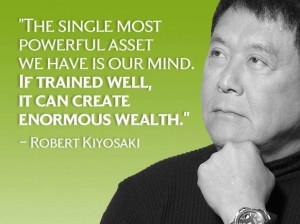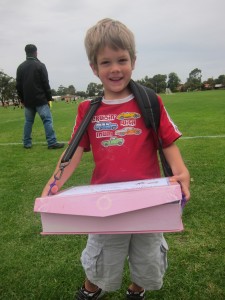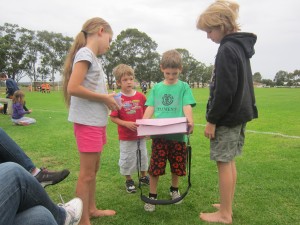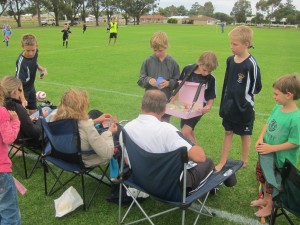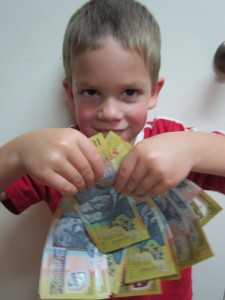After my son Jai and I discussed the first of Natalie Cook’s Five P’s, Purpose , in choosing a career path (in Part 1 of this series), I asked him to make a timeline of his life. He was to focus on his surroundings, and more importantly, on the people who would be with him.
People
You see, Natalie’s second P is People. Attracting the right people in life is key to building a successful kid entrepreneur. But whether Jai chose to be an enterprising teen or not, it was his mindset for success in whatever path he chose that was most important to me.
So, I asked him where he would like to be sitting five years from now and with whom? Ten years from now? Forty? I had him picture what was around him, his associates, and what made these kids so valuable to him right now that their presence remained visible decades into the future.
Natalie Cook discussed the value of surrounding herself with the right people, while training to be an Olympic Gold medalist. Around her were coaches, mindset mentors, professionals, and peers whose encouragement always lifted her up, instead of bearing criticism that tears a person down.

Jai contemplating the people he would like to surround himself with. People with Passion that will assist him with his enterprising teen journey.
At the same time, it is important, especially for enterprising teens, to hang out with the sort of people they want to emulate. Qantum physics and studies in neuroscience have discovered that there are mirror neurons in the brain that mirror or copy the brains around them. That is, a person becomes like his/her closest friends. This is besides peer pressure! They should be encouraged to make conscious choices of mates who will add to their mindset for success.
As adults, what I love about the new business that Cathy and I have become involved in, Isagenix, is that it is all about people. Natalie Cook understands this, too, as she is a partner in the same company. In fact, it really doesn’t matter what is your business or your kids’ enterprise for one reason: When being helpful to other people, your success increases. This is because helping people gives enterprising teens and adults an energy that attracts the right people into your lives, and who, in turn, help you.
Passion
People are also attracted to those who have a passion for what they do. Passion is Natalie’s third P. Natalie said in a Sparkmag interview that passion is
“required when times are tough. If you are not passionate about what you do and you don’t love the process and the product… it makes is much easier not to feel as emotionally involved, or eventually shut up shop and walk away.”
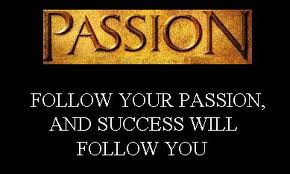 Now, Jai rightfully wanted something he could stick with for the long term. Having him visualize himself, his surroundings, and companions way into the future really took him to a place that I could see was his passion, something apart from what others were expecting of him, a desire that would not fade with time. His spirit guided him, instead of the social conditioning of his school, friends, and family.
Now, Jai rightfully wanted something he could stick with for the long term. Having him visualize himself, his surroundings, and companions way into the future really took him to a place that I could see was his passion, something apart from what others were expecting of him, a desire that would not fade with time. His spirit guided him, instead of the social conditioning of his school, friends, and family.
Want to know more? The next P is inseparable from Passion, and that’s Perseverance. See you next week (Check out the very funny video of Natalie Cook giving our kids a message!)
If you enjoyed this article, then you may find this one just as interesting “How Do Entrepreneurs Think?”
If you could enlist three people in the world to personally be your friend and mentor you, who would they be? Mine would be Richard Branson, Robert Kiyosaki and Michael Clouse. Make sure you leave us a comment…
